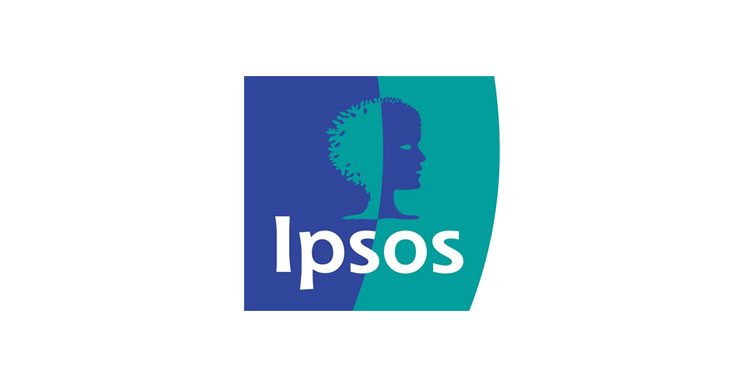New Delhi: June is Pride Month. According to a new global survey by Ipsos in 27 markets among 19,069, global citizens on LGBT + Pride, at least 58% of urban Indians say they support companies and brands that actively promote equality for LGBTQ people.

“Companies and brands should consciously treat LGBTQ with dignity and equality and accept them as an important target group and this would enhance the image of brands in the eyes of their loyal customers. This should be ingrained in their ecosystem,” said Amit Adarkar, CEO Ipsos India.
Further, at least 1 in 2 urban Indians (53%) said they support laws that ban discrimination against LGBTQ people, when it comes to employment, access to education, housing, and social services.
Interestingly, 55% of Indians (highest across all 27 markets) were most supportive of more LGBTQ characters in advertising, on TV, or in films.
“Mindset change is fueled by exemplary behavior by brands and their hiring policies,” added Adarkar.
About the Study
These are the results of a 27-market survey conducted by Ipsos on its Global Advisor online platform. Ipsos interviewed a total of 19,069 adults aged 18-74 in the United States, Canada, Malaysia, South Africa, and Turkey, and 16-74 in 23 other markets between April 23 and May 7, 2021.
The sample consists of approximately 1,000 individuals in each of Australia, Belgium, Brazil, Canada, China (mainland), France, Germany, Great Britain, Italy, Japan, Spain, and the U.S., and 500 individuals in each of Argentina, Chile, Colombia, Hungary, India, Malaysia, Mexico, the Netherlands, Peru, Poland, Russia, South Africa, South Korea, Sweden, and Turkey.
The samples in Argentina, Australia, Belgium, Canada, France, Germany, Great Britain, Hungary, Italy, Japan, the Netherlands, Poland, South Korea, Spain, Sweden, and the U.S. can be taken as representative of these countries’ general adult population under the age of 75.
The samples in Brazil, Chile, China (mainland), Colombia, India, Malaysia, Mexico, Peru, Russia, South Africa and Turkey are more urban, more educated, and/or more affluent than the general population. The survey results for these countries should be viewed as reflecting the views of the more “connected” segment of their population.
The data is weighted so that each country’s sample composition best reflects the demographic profile of the adult population according to the most recent census data.
Where results do not sum to 100 or the ‘difference’ appears to be +/-1 more/less than the actual, this may be due to rounding, multiple responses, or the exclusion of don’t know or not stated responses.
The precision of Ipsos online polls is calculated using a credibility interval with a poll of 1,000 accurate to +/- 3.5 percentage points and of 500 accurate to +/- 4.8 percentage points. For more information on the Ipsos use of credibility intervals, please visit the Ipsos website.
The publication of these findings abides by local rules and regulations.

















